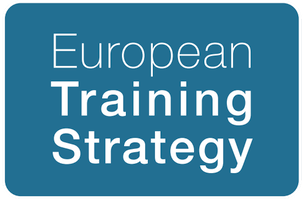

The single behaviours are summarised in different headlines that illustrate what “networking and advocating” means for youth workers behaviour-wise. The “cluster headlines” do not name behaviours as such; these can be found through clicking on the lists.
Advocating and networking benefit from youth workers taking a pro-active role and approach. + -
Thus, they:
- support partnerships with other actors
- network with other actors and organisations/structures in line with the interest of the young people
- work on the political dimension of networking, making steps towards concrete actions
- use social relationships as a resource towards overcoming structural and systemic obstacles
- transfer and share knowledge of youth and social rights and related formal regulations with potential partners and the young people
Youth workers should be willing to confront scepticism and resistances to cooperation and show inspiring conviction. + -
Thus, they can:
- overcome resistance to new partnerships by assessing their potential
- promote and explain the (learning) potential of international mobility experiences0
Youth workers bring to the surface and discuss questions around power, privilege and solidarity. + -
Youth workers, therefore:
- encourage equity in relationships
- address power relations (focussing on the interests of the young people)
- advocate for digital rights, closing the digital divide and the positive impact of digitalisation on societies
- role-model and stimulate self-reflection and discussion around privilege in society and how to use personal privileges for acting in solidarity
Media and digital tools offer opportunities for advocacy and networking. It is important to be mindful of how they are used. + -
It is helpful for youth workers to:
- deal with and use media in a careful manner, ensuring the safety and rights of young people and other stakeholders
- use digital media and tools proficiently to spread and disseminate positive and supportive messages and as platforms to act in solidarity



